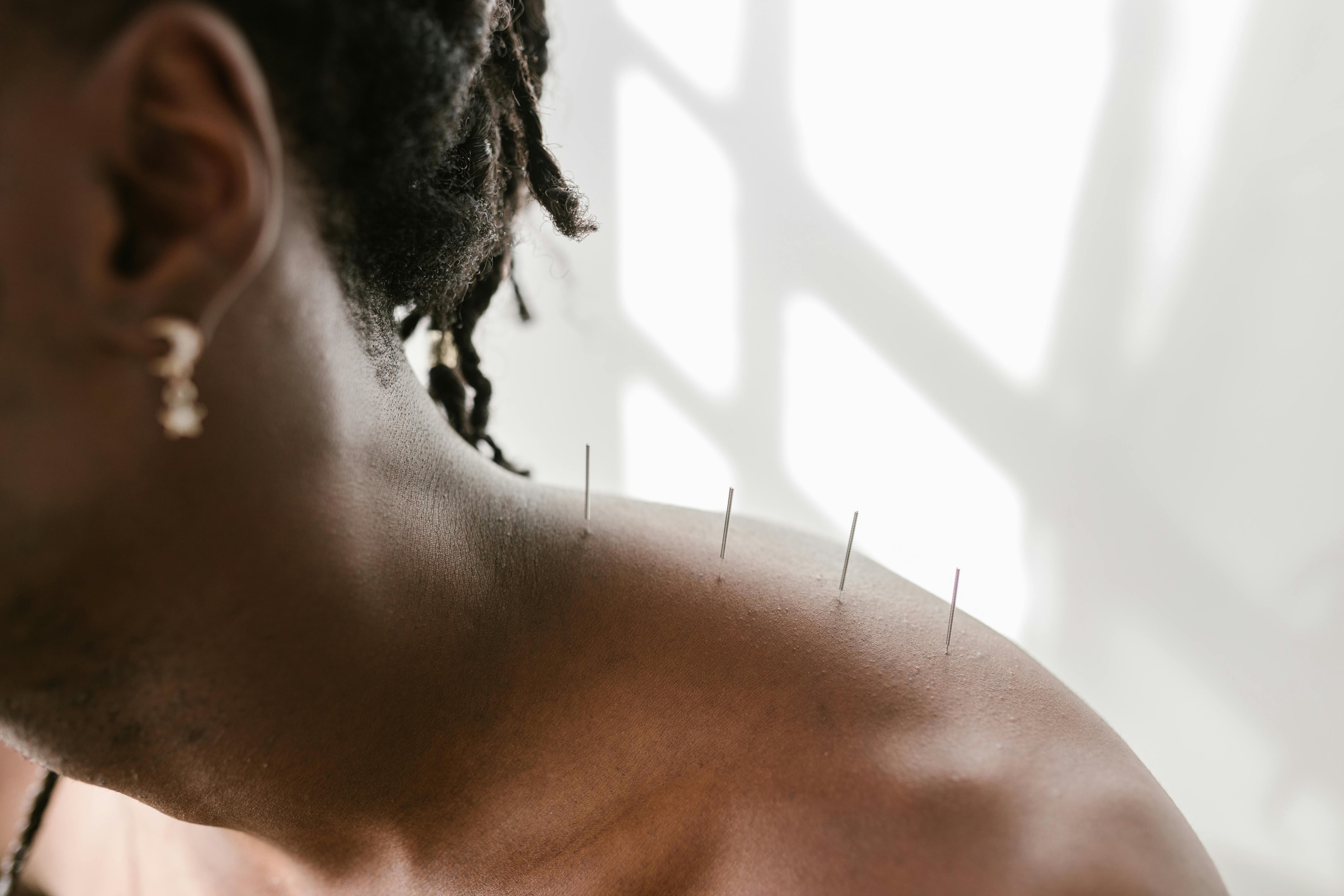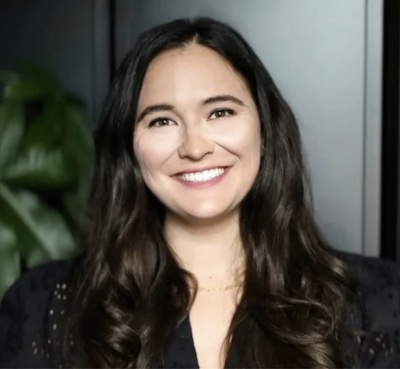Facing a cancer diagnosis can be a daunting journey that often involves not only medical treatments but also a search for ancillary care therapies to alleviate symptoms, side effects, and improve quality of life.
Benefits of Oncology Acupuncture
Incorporating oncology acupuncture into cancer treatment plans represents a promising frontier in supportive care. Backed by evidence-based research, acupuncture offers tangible benefits in pain relief, symptom management, and emotional well-being for cancer patients. As the medical community continues to explore complementary therapies, acupuncture stands out for its potential to enhance overall quality of life during and after cancer treatment.
For those navigating the challenges of cancer and cancer pain, acupuncture not only offers relief but also embodies the ancient belief that healing is a journey of restoring balance – a journey where every small improvement in well-being matters deeply.
Benefits of acupuncture for cancer can include:
1. Pain Management:
One of the most significant challenges for cancer patients is managing chronic pain, whether it stems from the disease itself or treatments like chemotherapy, radiation, immunotherapy, and surgery. Multiple studies have shown that acupuncture can effectively reduce cancer pain intensity and improve pain control. For instance, a systematic review published in the Journal of Clinical Oncology highlighted acupuncture’s role in alleviating cancer-related pain and improving patients’ overall well-being.
2. Nausea and Vomiting:
Chemotherapy-induced nausea and vomiting (CINV) are common and debilitating side effects that can severely impact a patient’s quality of life. Research, including a meta-analysis in Supportive Care in Cancer, indicates that acupuncture significantly reduces both the frequency and severity of CINV when used alongside standard anti-nausea medications.
3. Fatigue:
Cancer-related fatigue is pervasive and can persist long after treatment ends. Oncology acupuncture can support fatigue through multiple angles; sleep improvement, mental clarity, and stress are all factors leading to fatigue and can be supported by acupuncture.
4. Anxiety and Depression:
The emotional toll on cancer patients can feel profound and all-encompassing at times, with many patients experiencing heightened levels of anxiety and depression. Acupuncture treatment has been shown to have anti-anxiety and antidepressant effects by promoting relaxation and releasing endorphins.
5. Improved Sleep:
Ensuring patient have quality sleep is incredibly important during and after treatment to allow the body to heal. Oncology acupuncturists often ask the following questions regarding sleep: How many hours of sleep do you get each night? Do you have difficulty falling asleep or staying asleep? Do you wake up rested? Do you wake up due to night sweats?
All of these questions establish a differentiation to help formulate a treatment plan. It is often a goal to finish daily tasks without feeling fatigued. Acupuncture can support not only insomnia but also improved quality of sleep
6. Boosting Immune Function:
Acupuncture can support the body’s immune system by not only stimulating the body’s immune response but also regulate the body’s stress response and calm inflammation in the body. From a Traditional Chinese medicine perspective, acupuncturists often say “everything is connected”. If sleep is improved, stress is able to decrease, digestive health improves for increased nutrient absorption, we will see immune function increase.
7. Supporting Digestive Health:
Common side effects from cancer treatment or secondary medications from cancer treatment negatively affect the digestive system. Constipation, diarrhea, acid reflux, bloating and hemorrhoids are all common complaints acupuncturists regularly hear. Through acupuncture, education on acupressure points patients can do at home, along with food therapy recommendations, many symptoms can be managed.
It is recommended to communicate with your oncology acupuncturist to develop a treatment plan that coordinates with your cancer treatment. Staying ahead of symptoms with acupuncture and ancillary care not only improves quality of life but can encourage patients to continue their cancer treatment.
Understanding Oncology Acupuncture
Acupuncture, a practice originating from Traditional Chinese Medicine, involves inserting fine needles into specific points on the body to stimulate the nervous system. It can be a valuable tool to manage cancer-related symptoms like pain relief and treatment side effects. In the United States, there is significant research growing in the field of integrative oncology and acupuncture. It is not only complementary medicine, offered in private acupuncture clinics but also integrative medicine, practiced in hospitals, rehab clinics and cancer centers.
The Society of Integrative Oncology defines integrative oncology as “a patient-centered, evidence-informed field of cancer care that utilizes mind and body practices, natural products, and lifestyle modifications from different traditions alongside conventional cancer treatments.” Some of these therapies include acupuncture, physical therapy, massage, nutrition, talk therapy, esthetics, and movement therapy. All integrative oncology practitioners have advanced education in their field in oncology, and they work in collaboration to ensure the patient receives comprehensive care.
Oncology acupuncturists work alongside oncologists and other oncology-focused practitioners. Their role is to support patients with any concerns or side effects (like chronic pain) that may affect the mind and body while working in a collaborative effort alongside the oncology team.
Oncology acupuncture uses evidence-based research, a practitioner’s clinical experience and the patient’s personal concerns and values to formulate an individual treatment plan. Those who would benefit from an advanced trained acupuncturist are either going through cancer treatments or have gone through cancer treatment and are seeking support in treating side effects.
Acupuncture Treatment: What to Expect
During the initial session, the acupuncturist will visit with the patient to learn a complete medical history. Patients will then receive an acupuncture treatment as well as a treatment plan that may include food therapy recommendations, mind-body and meditation suggestions along with movement/lifestyle modifications. Similar to physical therapy, many concerns require a series of sessions to see improvement.
Do’s and Don’ts of Acupuncture for Cancer Care
While acupuncture is incredibly safe when performed by a licensed acupuncturist, there are some contraindications that must be considered during and after cancer treatment.
- If lymph nodes have been removed or damaged due to treatment, it is imperative this is communicated to your acupuncturist. If you are at risk or have been diagnosed with lymphedema, your acupuncturist will want to know this so they can modify treatment. Do not receive a style of acupuncture called “dry needling” or “trigger point acupuncture” in the quadrant of which lymph nodes have been removed or damaged.
- Communicate with your oncology acupuncturist if you have a low platelet count.
- Although risk of infection is incredibly low, if your white blood cell count is low and/or you are experiencing acute leukopenia, consult with your acupuncturist prior to your appointment to ensure it is safe to receive treatment.
- Ensure you eat prior to receiving acupuncture. Acupuncture treatment can lower blood pressure due to its relaxation effects. If a patient is fasting, there is a greater chance of experiencing low blood pressure.
Find an Oncology Acupuncturist Near You
There are many licensed acupuncturists in the United States and around the world. Consider the following tips to ensure patients and caregivers find an acupuncturist that has advanced oncology training.
- The Society for Integrative Oncology has a database search engine to help find any of their members in a city near you.
- Be certain the acupuncturist you go to is a licensed acupuncturist and practices under their state’s medical board.
- Ask the acupuncturist if they have completed advanced training in cancer care.
If you or someone you know is considering acupuncture as part of cancer care, consult with healthcare providers experienced in integrative oncology to ensure safe and effective treatment tailored to individual needs.
Guest Author Bio
Mari Galle, DACM, LAc
Mari Galle, DACM, LAc is the oncology acupuncturist and Director of Integrative Medicine at Cancer Rehab & Integrative Medicine. She is the co-founder and Executive Director of Moving Beyond Cancer Collaborative, 501(c)3 nonprofit. Mari has advanced oncology training from Memorial Sloan Kettering Fundamentals of Oncology Acupuncture. Mari holds a Doctorate of Acupuncture and Chinese Medicine from the Pacific College of Oriental Medicine where she focused on oncology acupuncture. She has worked with the oncology population for a decade and understands personally and professionally the need for comprehensive cancer care. Mari incorporates her background in the sciences combined with Traditional Chinese Medicine and training as an oncology specialized patient navigator to provide care to her patients. She uses acupuncture, food therapy, lifestyle recommendations, and relaxation techniques like meditation and Qigong to aid in healing. A member of the Society for Integrative Oncology and the Society of Acupuncture Research, she enjoys collaborating with other integrative oncology practitioners. Mari is based in Austin, Texas.
mari@mbccollaborative.org
References
JAMA Oncol. 2020;6(2):271-278. doi:10.1001/jamaoncol.2019.5233




